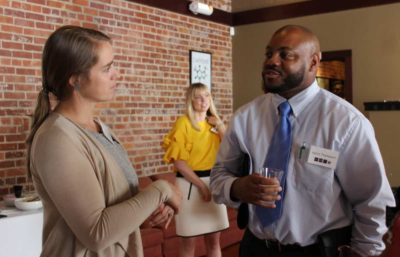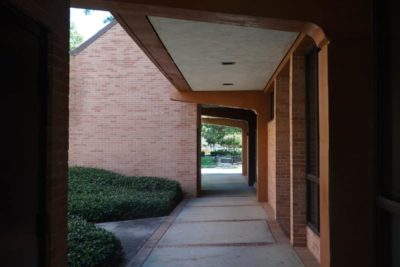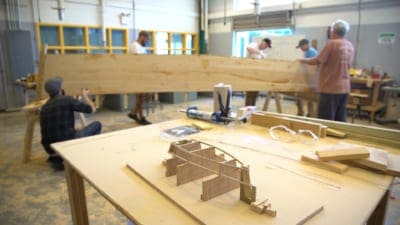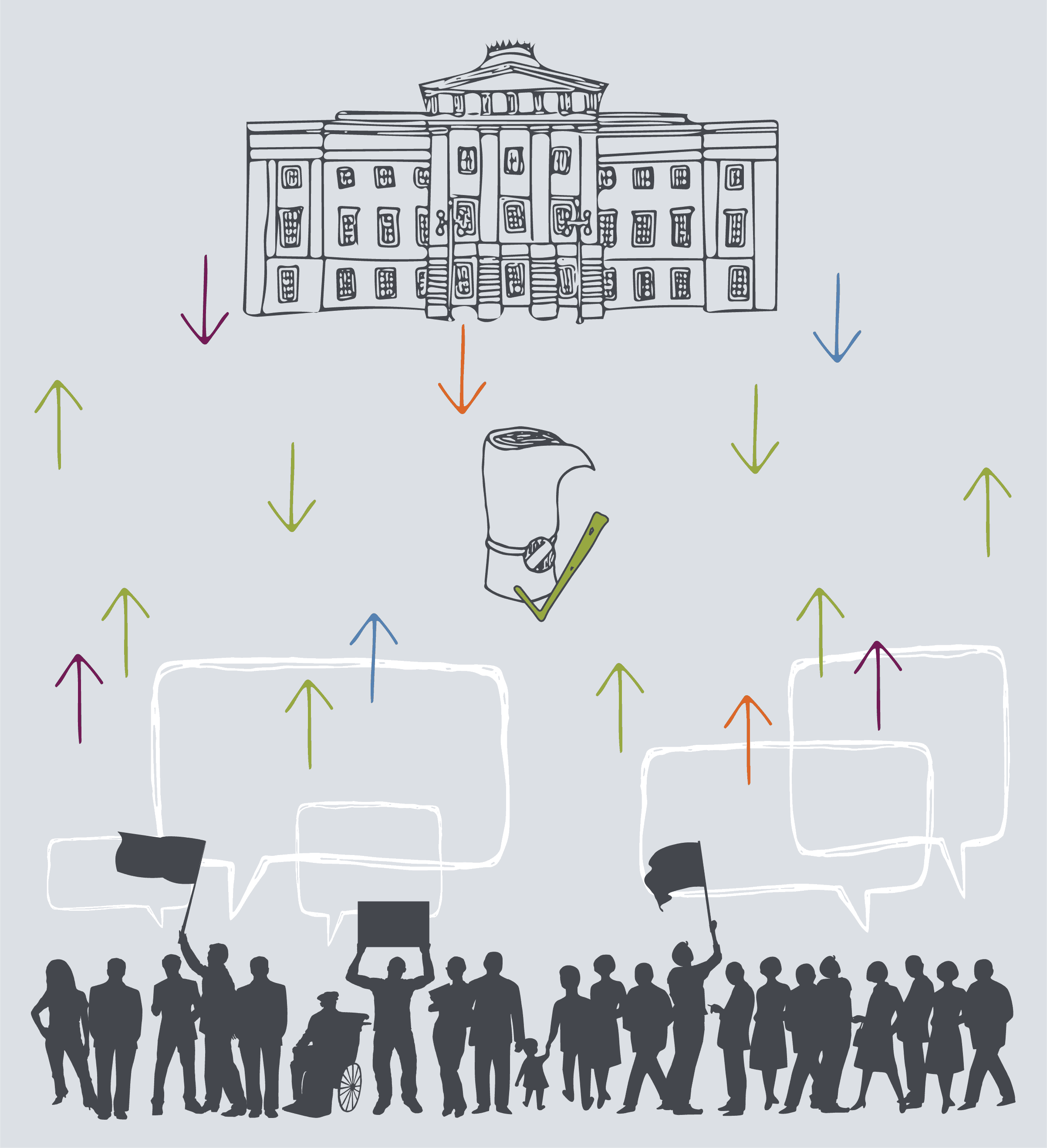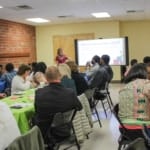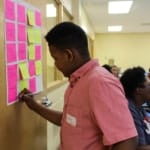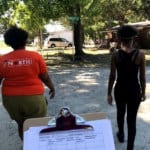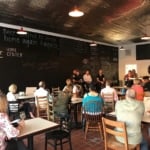Our work and NC
We love our North Carolina. We’ve got mountains and beaches. We’ve got banjos twanging at MerleFest and the best BBQ in the country. We had ramp festivals before they hit fancy restaurants. Best-selling authors live here. And no one does college basketball better than Tobacco Road. That’s our North Carolina. We get to call it home.
But to the rest of the country, we are also a political battleground, putting us squarely in the fight for America’s future. In 2020, we will again be a critical swing state in the Presidential election, a key Senate race will be hard fought, all of the Council of State races will be in play including Governor and Lieutenant Governor, and the entire U.S. House delegation will once again be up for grabs. And if the projections are right, North Carolina could end up with another seat in Congress as our state keeps growing. The nature of our politics indicates our continued importance to campaigns, but it also illustrates how our policy debates impact national debates. All eyes will remain on North Carolina.
Against this background, we hope EducationNC will become your essential stop if you care about education and the issues that impact our schools and colleges. Poverty, school safety, student debt, our statewide attainment levels, teacher recruitment and retention, and governance matter.
The issues are complex, but we hope to play a role in making them a bit more understandable for everyone. We hope to connect the dots between the data points, stories, and people who will shape each issue.
For example, in December we did our level best to make sure folks understood the Residency Determination Service (RDS). RDS was not something I knew a lot about prior to our work with community colleges launching, but if you want to go to a community college and pay in-state tuition then the complexities of the service suddenly matters deeply. Tweaking RDS will be part of the legislative agenda for the NC Community College System during the upcoming legislative session.
https://www.ednc.org/2018/12/14/removing-barriers-a-proposal-to-simplify-the-residency-determination-service/
And we explored Juuling (read: e-cigs) through deep research, including a conversation with more than 1,000 educators powered by Reach NC Voices. I had seen Juul in convenience stores, but this series helped cast a light on the growing issue of students using Juul in all manner of ways in school and out. We used our tech tools to have a conversation with more than 1,400 teachers about what they are seeing in their schools and classrooms. My colleague Yasmin Bendaas paired this with deep reporting. Now she is receiving invitations from across the state to come address the issue.
https://www.ednc.org/2018/12/12/what-1472-north-carolina-teachers-had-to-say-about-e-cigs/
This work matters. It is important. But if it is going to be essential, we need to deepen our engagement with folks in all 100 counties.
Last year, I told y’all we hoped to one day become the best in the world at facilitating community conversations. Real dialogue and active listening — that’s at the heart of EducationNC and our Reach NC Voices initiative.
This is the core of Reach: to ask, but also to listen; to engage, but also to do something with the engagement; to tell stories, but also to provide you with a platform to tell your own. We aspire to connect and catalyze North Carolinians around public issues and pressing questions. This is what we mean when we discuss EducationNC’s architecture of participation.
The architecture of participation is about you. It is about your ability to be a force multiplier for our state in order to shape our shared future. It is about the power of your voice and the strength of many voices amplified together.
https://www.ednc.org/2018/08/21/reach-nc-voices-becoming-the-platform-for-community-conversations/
Mebane likes to tell folks that EdNC is in the “hope business.”
As she said so well last this week, “Why hope? Because our students deserve it, our teachers still have it, and the people and the places of our state yearn for it. We believe the future doesn’t just happen to us. We have agency in shaping it. And that’s where you come in.”
https://www.ednc.org/2019/01/14/ednc-turns-4-you-are-our-greater-north-carolina/
In addition to being in the business of hope, EdNC is in the business of building connections in all that we do — connecting educators and their voices to Raleigh, connecting the needs and challenges of our schools to the reality of the legislative process, and, ultimately, connecting more members of our communities to one another.
Hope and inspiration matter. Bright spots remind us of the possibilities for our own community. Remembering no one is alone in the vital work of educating our students, or building community, or working on complex public policies might be the thread of hope we need to keep going when the challenges seem insurmountable.
All of our work from the reporting and research, to the storytelling and social media amplification, to the travel to communities in every corner of our state, threaded together with hope is adding up to something.
During a recent speech in Charlotte, I told the crowd we believed our theory of change might best be described as a simple belief that a more engaged, informed, and connected North Carolina is a better North Carolina.
Each day my colleagues work across a variety of channels to help craft that reality. As we enter year five, and as we reflect on two years of conducting deep engagement work through Reach NC Voices, I hope you will join us on this journey.
So what?
Lindsay Green-Barber, a leader in media strategies who specializes in developing impact frameworks, recently landed on this definition of engagement journalism through an exercise in collaboration with the News Integrity Initiative:
“Engaged journalism is an inclusive practice that prioritizes the information needs and wants of the community members it serves, creates collaborative space for the audience in all aspects of the journalistic process, and is dedicated to building and preserving trusting relationships between journalists and the public.”
The key points:
Information needs and wants.
Collaborative space in all steps of the process.
Trusting relationships.
What it isn’t is chasing likes on Facebook or retweets on Twitter. It isn’t one-way communication. It isn’t broadcasting out content that isn’t relevant simply in pursuit of article views.
What matters to us is that we hear from you. I care about how many of you open my new higher education newsletter, Awake58, each week, but the really important number for me is how many of you reply to each newsletter with ideas and questions. I want to be in conversation with as many of you as possible.
As we move forward, we want your voice in the critical debates of the day. North Carolina needs to hear from you. Our state also needs to hear from your friends, neighbors, and family. Our state will be better off when we are all engaged in this work.
February will bring the launch of the People’s Session.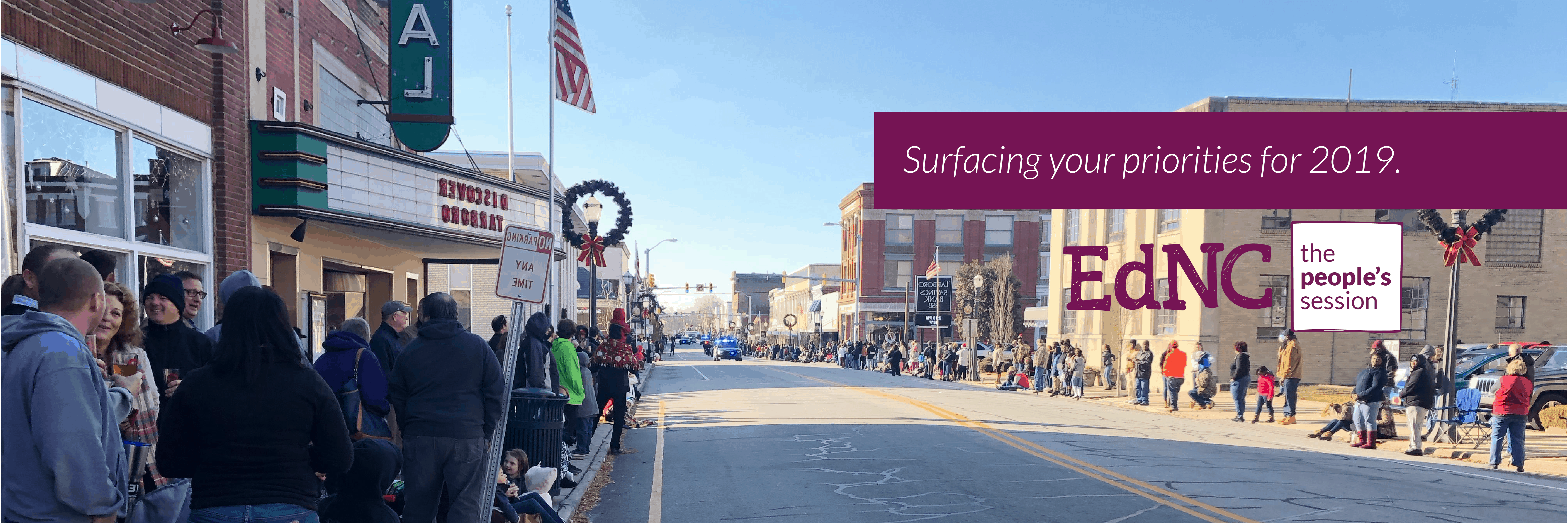
Every legislative session you can mosey on down to Jones Street and find lobbyists for every agenda under the sun. This year, we would like to do something a little differently, and introduce your agenda to policymakers across the state.
We will be launching new technology in support of the People’s Session that will allow you to weigh in on statements and ideas from your community, add your own ideas, and then as the ideas with the broadest support bubble to the top we will be able to surface the priorities of North Carolinians during the upcoming legislative session.
Here are examples of how the People’s Session will appear when you join in.
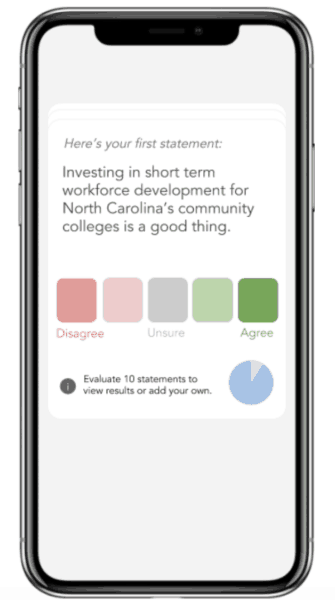
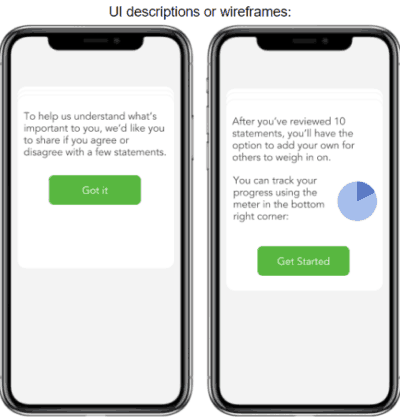
You will have the chance to weigh in on statements and ideas which bubble up from the community. And you will have the chance to submit your own ideas.
We will share the priorities that emerge with those elected to the legislature.
I hope you will join The People’s Session today. Signing up now will allow you to participate when session launches.
The People’s Session is an exciting part of our work, and as we move forward, we will continue to use our newsletters, surveying technology, texting platform, custom emails, and in-person events to identify your information needs and build relationships. Our goal is for our content, on every platform, to ultimately serve your information needs.
We will continue to iterate our texting technology so we can hold better conversations with each of you. Relationships are stronger when we talk with one another. The continued evolution of our texting platform will strengthen our capacity to be in two-way conversation with you and build the best engagement cycle we can imagine.
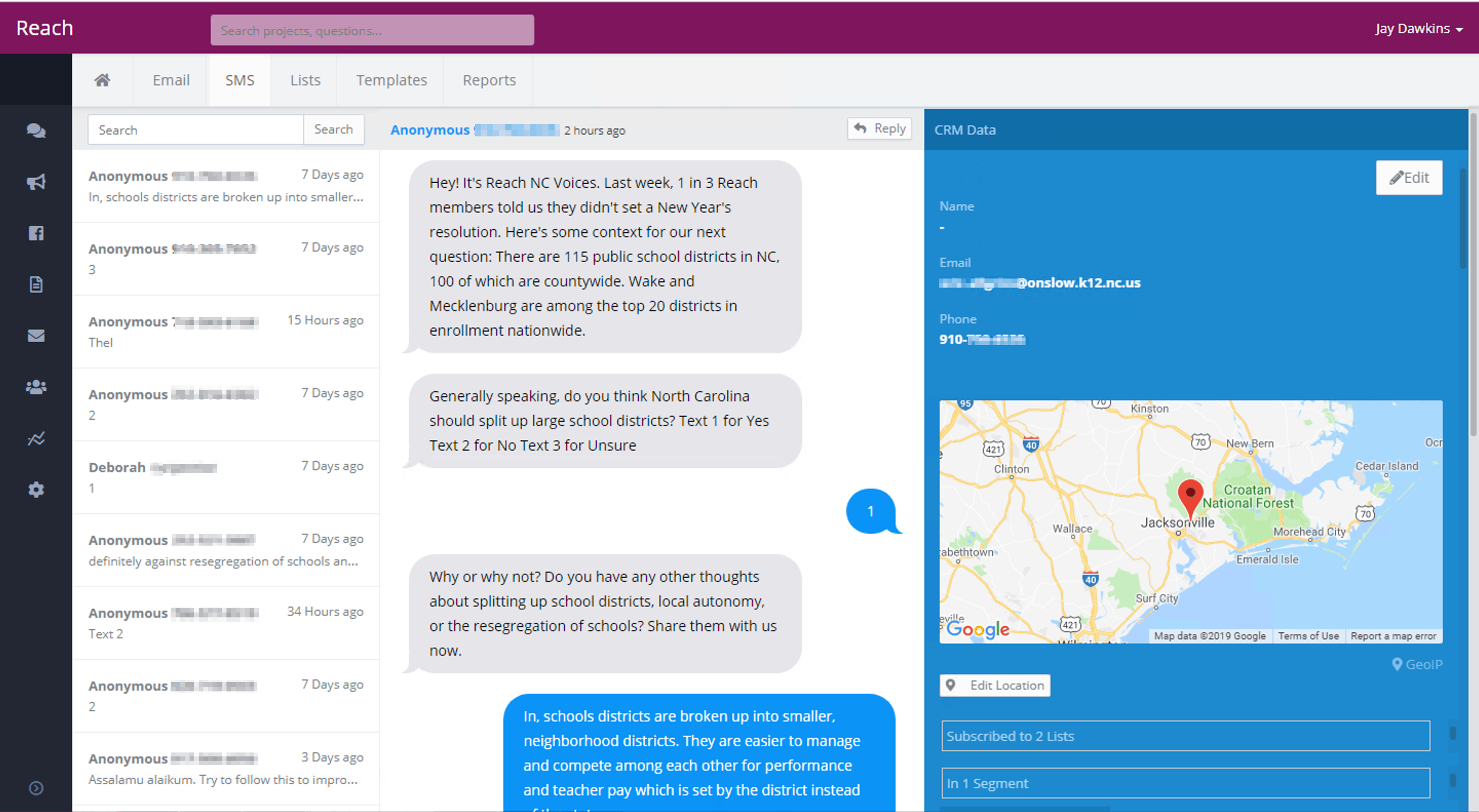
Each of these conversations add up to something. They allow us to monitor trends and ideas from across the state. Ultimately, it all adds up to a better understanding of the public pulse, of what you think is defining our present and our collective future.
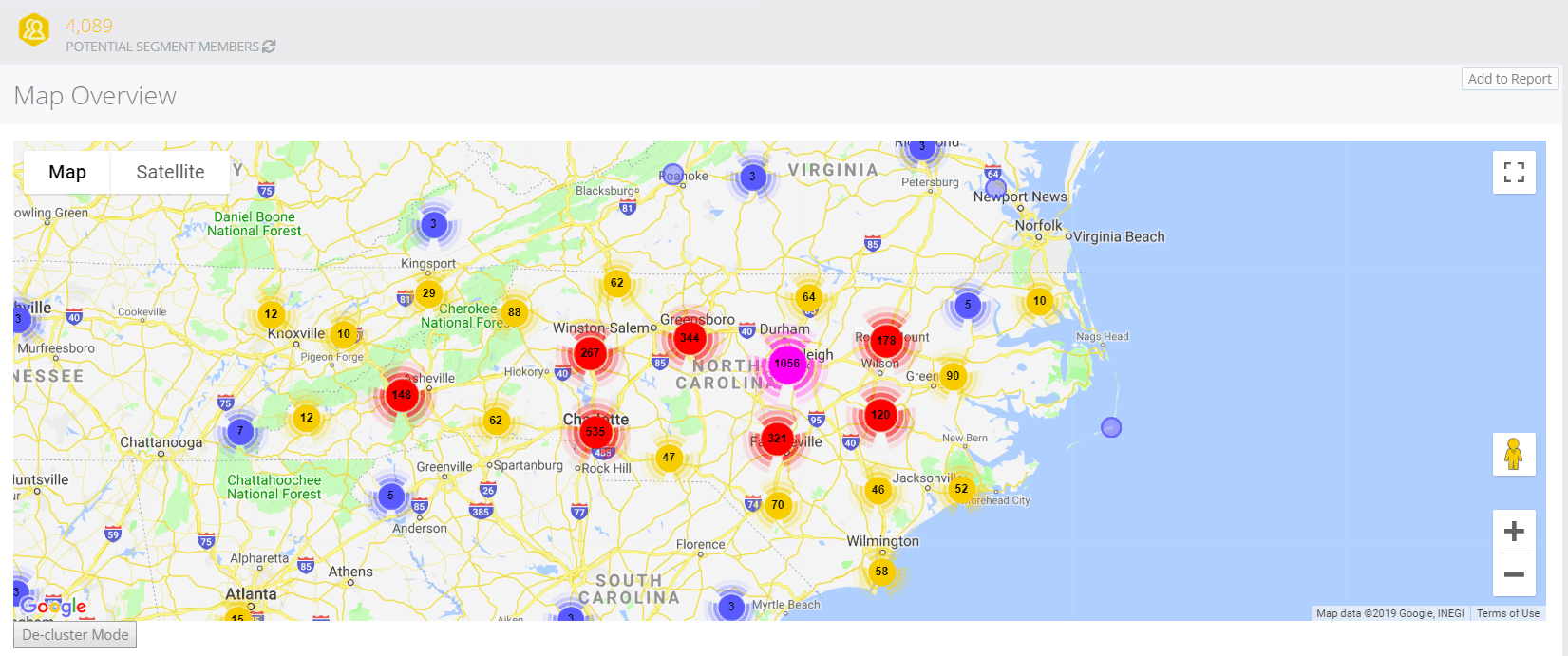
Our work is positioning North Carolina to be among the most information-rich states in the country on public policy issues as we move forward. My hope is we will also be among the most connected newsrooms through deep engagement and conversation about the issues that matter to you in every corner of our state.
Another big step for us is my participation in the Media Transformation Challenge at the Harvard Kennedy School. The Media Transformation Challenge is described as follows:
Digital technology has been disrupting the media industry for over two decades. Is your organization equipped to continue navigating this tsunami of change while identifying and capitalizing on new opportunities in the years ahead?
The Media Transformation Challenge: Leadership in the Tech-Driven World of Journalism is a new executive program created in collaboration with Harvard Kennedy School’s Shorenstein Center on Media, Politics and Public Policy. Led by Faculty Chair Nicco Mele together with program founder and architect Douglas K. Smith, this unique program will require you to determine a core business challenge threatening the sustainability and profitability of your enterprise. Our faculty team will personally coach and consult with you throughout the year to foster the skills you need to develop new strategies and drive long-lasting, repeatable success at your organization.
We will be working with a member of the faculty over the course of the year to zero in on our own transformation challenge. I am fortunate to be part of a remarkable cohort of journalists, executives, and thought leaders from around the world. During our first week in Cambridge, I found myself in the lobby of the hotel talking about measures of impact until one in the morning. I shared our EdNC drivers of impact as defined in year three: journalism as the fourth estate in a democracy, in-depth research, reach and analytics, feedback from the people who use our work, moving the needle on policy change, responsive experimentation in the new media and nonprofit world, and increasing leadership capacity statewide.
I explained to my peers how grateful we are for the opportunity to spend the last year with the Knight-Lenfest Newsroom Initiative, which led to the development of our new engagement tracker.

The engagement tracker is designed to help us understand how we are serving all of you, and when combined with user research, it will help us understand how we can serve your information needs more effectively. We want to know the issues that really spark you to engage in dialogue, the stories that compel you to act, and the policies that inspire our communities to seek change.
All of our drivers of impact remain true, and the dashboard is now coming online, but what ultimately does all of this work add up to for our work and for our state?
Over the course of the next year, we intend to have a “so what?” conversation. All of our research and reporting, all of our content, all of our miles: we are going to ask ourselves, and all of you, what all of our work is adding up to for our students, our state, and our future?
I would welcome your thoughts as this journey begins. What does impact mean for you? Have you taken action as a result of our content? Have you shared any of our content with others? What stories, events, emails, and research moved you to think? We want to understand the answers to those questions.
As part of the Media Transformation Challenge, we will also be zeroing in on strategic approaches that will determine how we ultimately become the essential read for all of those who care about public policy, education, our students, and our state each and every day.
Reach playbook
We believe in the power of us — all of us — to shape the future of our state and country. Our goal of being the best in the world at facilitating community conversations, and really listening, is predicated on giving you the ability to participate in the work of building a better state.
This year, we went out in community to understand the role our community colleges play in our state. We traveled to all 58 of our community colleges to start the conversation.
We conducted in-depth research on chronic absenteeism among through events, surveying, and other forms of research in Edgecombe County. And, guess what, the answers from actual students were very different from the answers adults have given to date.
Due to the generous support of Molly de Aguiar and the News Integrity Initiative, we have spent the last year building technology that has put us on the path to be the best in the world at facilitating community conversations (and really listening!). Along the way, we promised to also build out a playbook for how we do what we do.
Our playbook for change is predicated on dialogue, active listening, building connections, and having real engagement with the communities we serve.
We would like for as many news organizations, startups, think tanks, nonprofits, and all others who are seeking to build a better world to adopt as many of our ideas (and our technology) as possible in the years ahead.
Today, we are proud to debut the first version of the Reach playbook, which we hope you will put to use in your own work:
This playbook illustrates the essence of Reach: to ask, but also to listen; to engage, but also to do something with the engagement; to tell stories, but also to provide you with a platform to tell your own.
Better together
Our work is ultimately about you. All of you. We believe our work is making a difference when you take action as a result of our content, or forward our stories to others in your network, or when you weigh in on the issues of the day.
Content, research, and our work in community only matters if you join us on the journey. My friend Sarah Alvarez from Outlier Media in Detroit refers to all of this vital work as the democratization of media. In some ways, I also consider this work as a step towards connecting all of us in ways that encourage us to discover hope, and rediscover trust in institutions, our communities, and our neighbors.
As I thought of the year ahead during my first week at the Media Transformation Challenge, I kept coming back to the vital role one of our faculty members described for our kind of media organization:
Truthseekers.
Mebane likes to say the next generation of think tanks must be wayfinders and meaningmakers. I agree. I also think we must serve as truthseekers. It is the relentless pursuit of the truth that we must dedicate ourselves to in the years ahead. Reporting on the facts, providing transparency, and serving as a watchdog are essential parts of the pursuit of truth. But, equally, I believe the pursuit of truth, meaning, and lighting a way forward requires us to travel the state, engage in dialogue online and off, and ultimately build connections with one another.
I am excited for the year ahead. Join us as our journey continues.
Recommended reading
